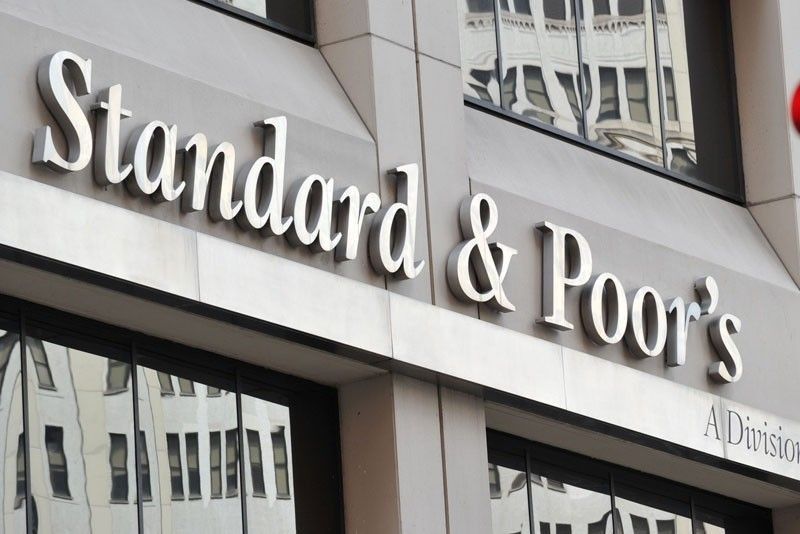S&P warns of deterioration in banks’ asset quality

Due to huge exposure in real estate
MANILA, Philippines — The significant real estate exposure of Philippine banks may drive asset-quality deterioration further amid the uncertainties brought about by the pandemic, according to S&P Global Ratings.
In a report titled “Banks in emerging markets: 15 countries, three main risks,” S&P said banks’ significant real estate exposures in the Philippines and South Africa as well as in Turkey may worsen the situation.
“The real estate sector (including commercial real estate) is another source of risk for emerging market banks. Although immediate risk appears manageable, the uncertainty and potential long-term impact from the pandemic might bring structural changes to the commercial real estate segment via shifts in consumer preferences toward online shopping, more flexible work arrangements, and cost-cutting measures from consumer-driven businesses,” the debt watcher said.
Latest data from the Bangko Sentral ng Pilipinas (BSP) showed the exposure of Philippine banks in the real estate sector increased to 19.89 percent in end-2019 and almost touched the 20 percent ceiling set by the regulator.
The steady rise in the industry’s real estate exposure could be traced to higher loans extended to the sector, as well as rising property prices.
Data showed lending to property developers booked a double-digit increase of 16.7 percent to P2.16 trillion in end-2019 from P1.85 trillion in end-2018. Commercial real estate loans jumped by 17.8 percent to P1.39 trillion, while residential real estate loans grew by 13 percent to P762.95 billion .
The real estate exposure of Philippine banks peaked at 21.09 percent in end-March 2017. The BSP has yet to release the data on the real estate exposure of Philippine banks for 2020.
However, the Monetary Board raised the loan limit to the real estate sector to 25 percent of total loan portfolio from 20 percent in August last year, releasing about P1.2 trillion into the financial system to cushion the global health crisis.
S&P said exposure to micro, small and medium enterprises (MSMEs) is likely to drive asset-quality deterioration, particularly in countries like Turkey, South Africa, India, China and Indonesia.
S&P said domestic credit losses as a percentage of total loans more than tripled in the Philippines to 1.6 percent last year from 0.5 percent in 2019, and is expected to improve to 1.5 percent in 2021 and 0.9 percent in 2022.
The debt watcher said domestic non-performing assets as a percentage of loans also increased to 5.5 percent last year from 3.5 percent in 2019 and is expected to further rise to 7.7 percent this year before declining to 5.9 percent next year.
Latest data from the central bank showed the industry’s gross non-performing loan (NPL) ratio picked up to a 14-year high of 3.81 percent in end-November last year from 3.72 percent in October. Bad debts refer to past due loan accounts where the principal or interest is unpaid for 30 days or more after due date.
Bankers Association of the Philippines president Cezar Consing said the industry’s NPL ratio would peak at six to seven percent, still lower than the levels recorded during the Asian financial crisis in 1997 and the global financial crisis in 2008.
The industry booked a record 16.9 percent NPL ratio in 2001, but has since declined due to the major banking reforms implemented by the BSP.
Despite slashing the benchmark interest rate by 200 basis points to an all-time low of two percent last year, credit growth in the Philippines slumped to near zero at 0.3 percent in November from the revised 1.8 percent in October.
“Given the exceptionally low interest rates in several developed markets, we expect banks in emerging markets with sound credit fundamentals to retain good access to international capital markets,” S&P said.
- Latest
- Trending



























